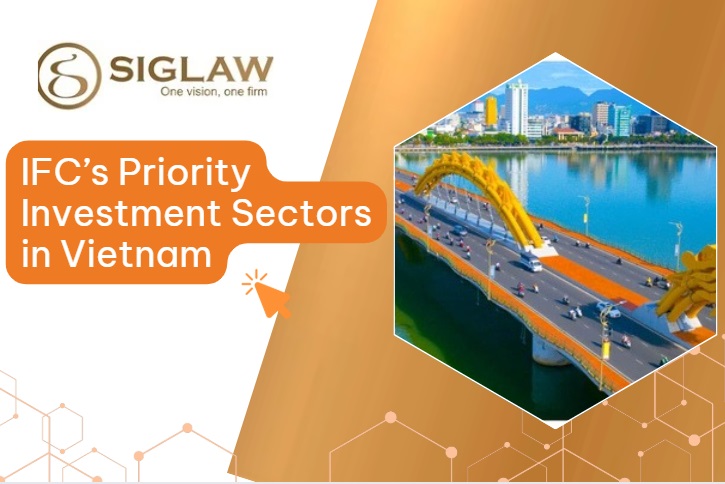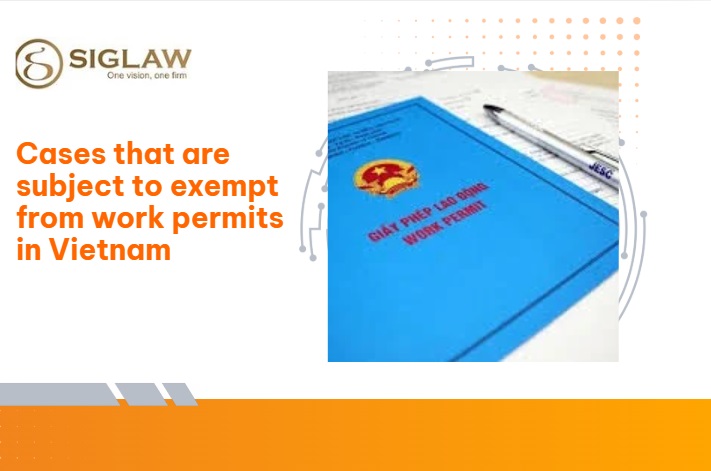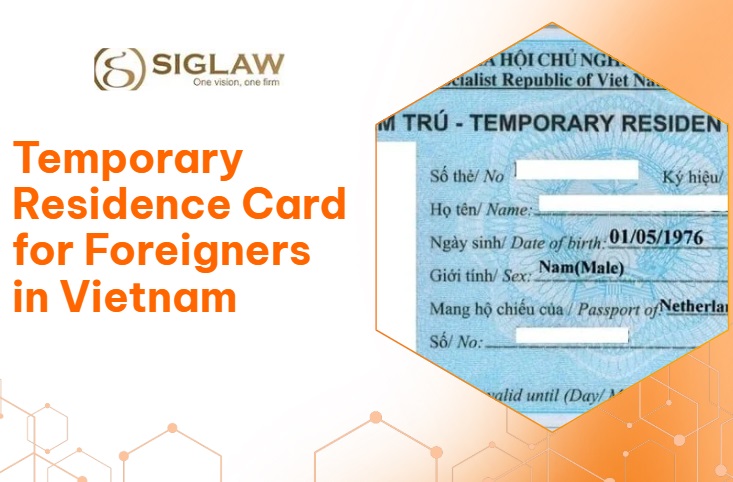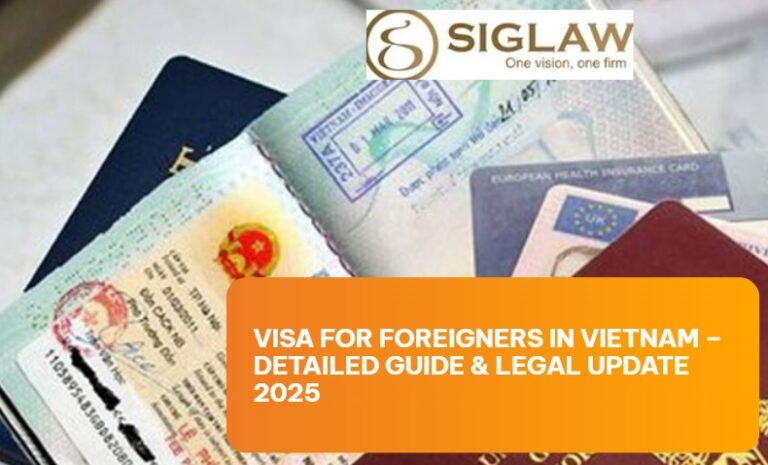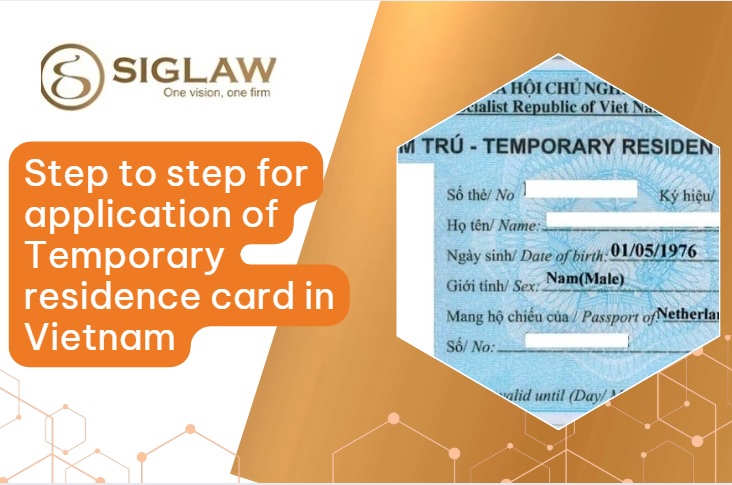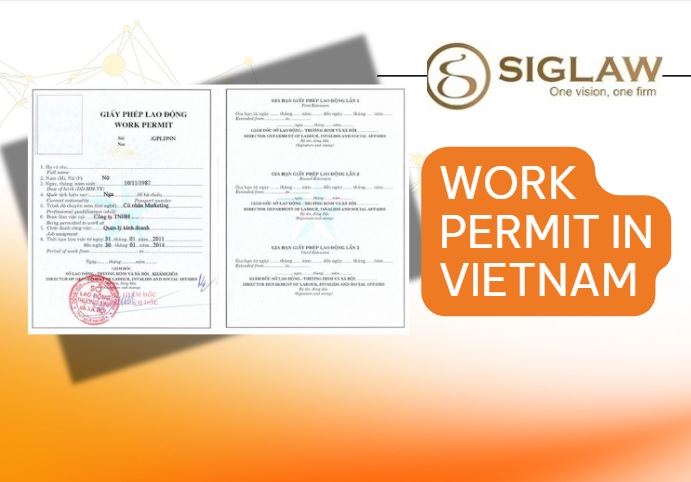ADVANTAGES OF INVESTING IN THE TOURISM SECTOR
The tourism industry contributes significantly to the annual income, especially as it is recognized as one of the three key sectors that the government prioritizes for investment in infrastructure development. The continuously improving transportation contributes greatly to the country’s income. So, what are the advantages of investing in the tourism sector in Vietnam? Let’s explore this with Siglaw Law Firm through the article below!
Advantages of Investing in the Tourism Sector in Vietnam
Favorable Geographic Location
Vietnam boasts a coastline of 3,260 km, with 400 beaches of various sizes, thousands of natural landscapes, and cultural relics spread across the country. These are valuable “treasures” that attract strategic investors such as SunGroup, Vingroup, FLC, VinaCapital, etc., to actively participate in the investment and development of tourism infrastructure. Many modern, internationally standard hotel chains have been established at key tourist destinations such as Hanoi, Da Nang, Nha Trang, Phu Quoc, Ho Chi Minh City, and Ha Long…
Legal System
Vietnam’s legal system is gradually being built and perfected, contributing significantly to the formation and development of a socialist-oriented market economy. It continuously improves the political system and creates a legal environment for international integration. Administrative procedure reforms are simplifying and shortening the processing time for applications, making it convenient for foreign individuals and organizations to invest in the tourism sector in Vietnam.
Some Favorable Legal Policies Encouraging Investment in the Tourism Sector in Vietnam
Tax and fee policies: Extension of the deadline for paying value-added tax, corporate income tax, personal income tax, and land tax; Reduction of land rental fees for 2020 and 2021; A 30% reduction in the VAT tax rate or a 30% reduction in the percentage used to calculate VAT for goods and services such as accommodation services; services of travel agencies, tourism business, and related services supporting the promotion and organization of tours… A 30% reduction in corporate income tax payable; Reduction of electricity prices for accommodation facilities to the retail electricity prices applicable to production industries; 50% reduction in the licensing fee for travel business; 80% reduction in the business deposit for travel services until the end of 2023.
Political Stability in Vietnam
Vietnam is considered a country with a relatively stable political situation. There is almost no cultural division or ethnic conflict, etc. This ensures a favorable business environment for foreign enterprises investing here.
Cultural Heritage Recognized by UNESCO
To date, Vietnam has 24 tangible and intangible cultural heritage sites and natural heritage recognized by UNESCO as world heritage sites; including 8 natural and tangible cultural heritage sites (Ha Long Bay, Thang Long Imperial Citadel, Trang An Landscape Complex, Ho Dynasty Citadel, Phong Nha-Ke Bang, Hue Imperial City, Hoi An Ancient Town, My Son Sanctuary); 12 intangible cultural heritage sites (Hue Royal Court Music, Central Highlands Gong Culture Space, Quan Ho Folk Singing, Giong Festival, Ca Tru, Xoan Singing, Hung Kings Worship Belief, Vietnamese Mother Worship Belief, Nghe Tinh Vi-Giam Folk Singing, Tug-of-War Ritual, Southern Don Ca Tai Tu, Trung Bo Bai Choi); and 4 documentary heritage sites (Doctor’s Stone Tablet at the Temple of Literature, Nguyen Dynasty Woodblocks, Nguyen Dynasty Official Records, Woodblocks of the Truc Lam Zen Sect’s Buddhist Scriptures at Vinh Nghiem Pagoda in Bac Giang Province).
Scenic Attractions
The potential for tourism development is not only in the plains but also in the mountainous and midland regions, where there are countless memorable sights: the blooming mustard flowers and plum blossoms in Moc Chau, and the ripening rice season in the Northwest, etc.
Culinary Culture
Vietnamese cuisine is very famous worldwide, and international friends are enamored with Vietnamese dishes such as Pho, banh mi, and bun bo Hue. In addition, intangible cultural heritage like Quan Ho, Hue court music, and the cultural space of the Central Highlands gongs also attract many tourists.
Policies and Development Strategies
Vietnam’s legal policies are currently being reviewed, supplemented, and improved to continue reducing the business conditions that hinder foreign investment. The government is promoting administrative reforms and effectively implementing one-stop-shop procedures to create a favorable business environment for enterprises to establish and develop. Policies and mechanisms for incentives to attract foreign investment are also being reviewed and revised in the context of applying global minimum tax.
Infrastructure Design and Technical Facilities
Authorities are increasingly focused on improving the business environment for foreign-invested enterprises in Vietnam, accelerating the construction of infrastructure such as highways linking border gates, international airport projects, and infrastructure related to the electricity system. More high-tech industrial parks and new economic zones are being developed.
Skilled Labor Force
Vietnam has a young demographic structure, and the quality of the Vietnamese labor force is continuously improving. Trained and certified labor accounts for 20.92% of the workforce at various levels from vocational training to college, university, and postgraduate levels. Over the past decade, the proportion of trained workers has increased significantly, yet 76.9% of the workforce still lacks specialized training. Therefore, Vietnam is considered one of the countries with a plentiful labor supply, which is a significant advantage for foreign investors in the construction sector.
Large Potential Customer Base
Potential customers can be seen as the key to expanding a company’s market share. Not every newly established travel business can quickly gain substantial market share; over time, companies have to employ various methods to convey information and reach customers to secure a larger share in today’s fiercely competitive environment. This presents a golden opportunity for businesses to increase revenue, which is essential for expanding their market share.
In recent years, tourism in Vietnam has been on the rise, with an increasing number of international visitors as well as domestic tourists. Vietnam’s tourism is becoming more well-known worldwide, and many domestic destinations have been voted as favorites by international travelers. The tourism sector is receiving growing attention from society as a whole. If you have any questions about the advantages of investing in the tourism sector in Vietnam, please contact Siglaw Law Firm for detailed answers!
Phone: (+84) 961 366 238
Email:
- vphn@siglaw.com.vn
- vphcm@siglaw.com.vn
Headquarters: No.44/A32-NV13, Gleximco A, Le Trong Tan street, An Khanh, Hoai Duc, Ha Noi, Vietnam.
Southern branch: No.103 – 105 Nguyen Dinh Chieu Str., Xuan Hoa Ward, Ho Chi Minh.
Central branch: VIFC DN – ICT Building Software Park No. 2, Nhu Nguyet Street, Hai Chau Ward, Da Nang City
Facebook: https://www.facebook.com/hangluatSiglaw




